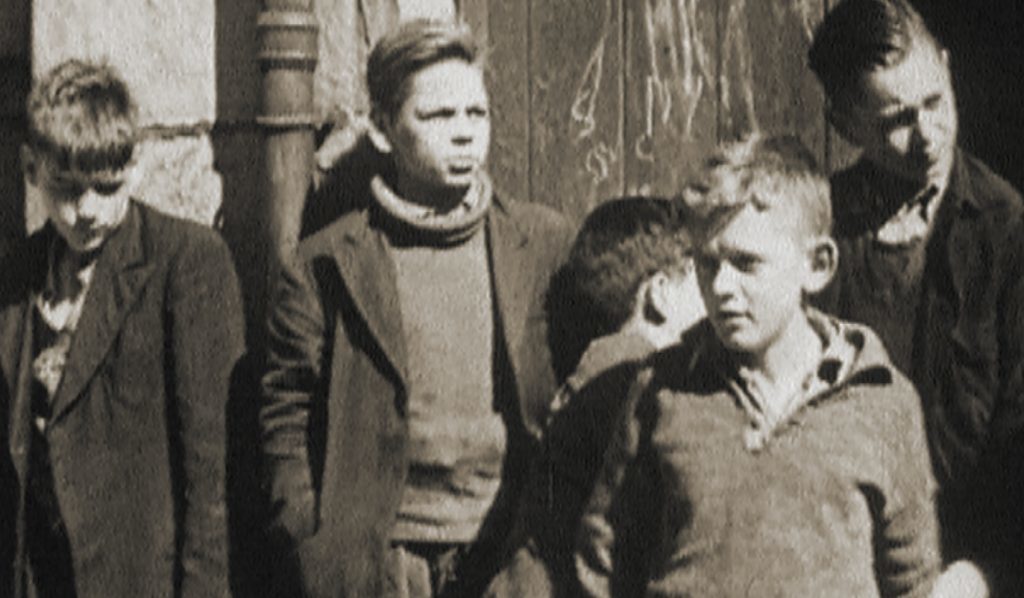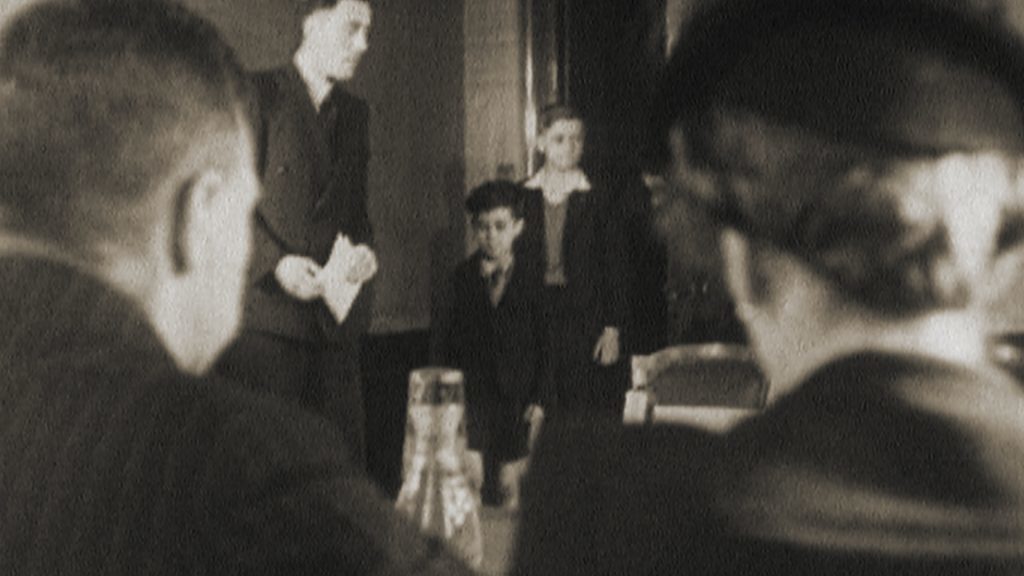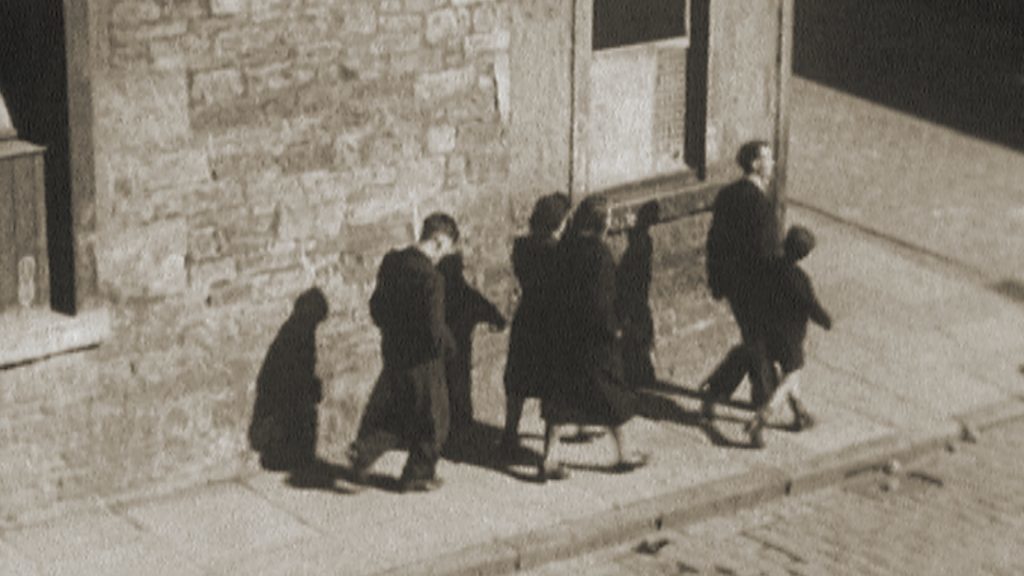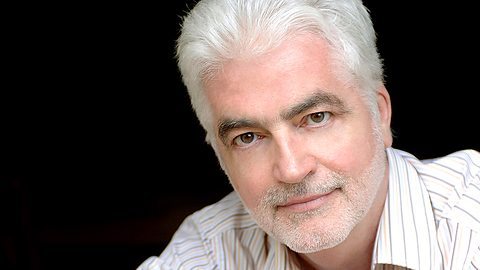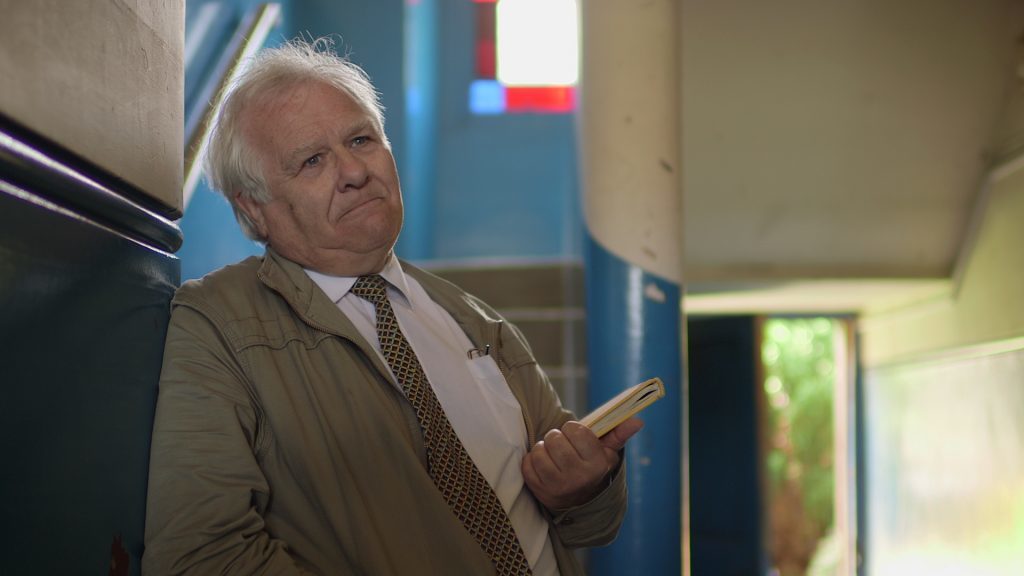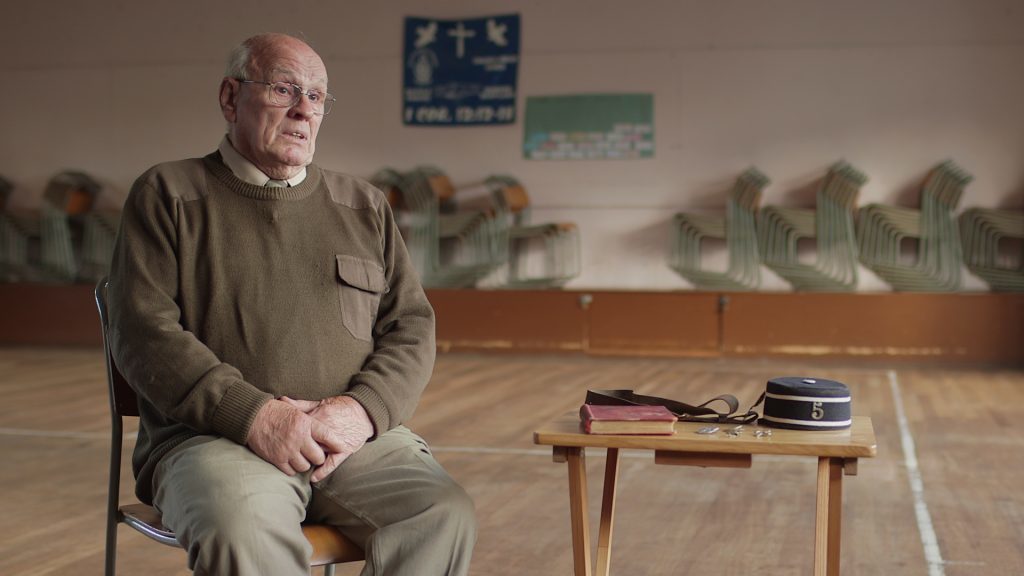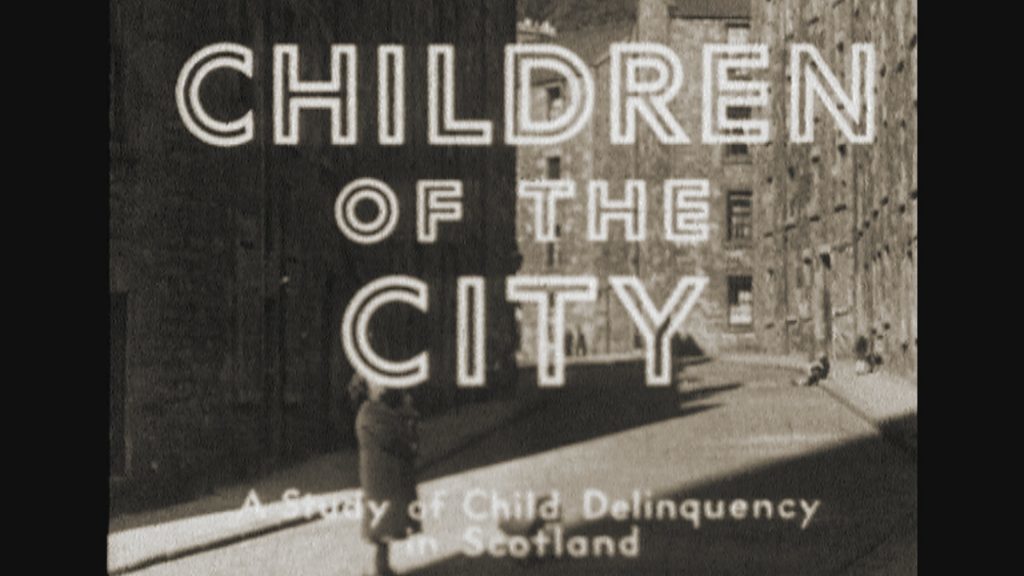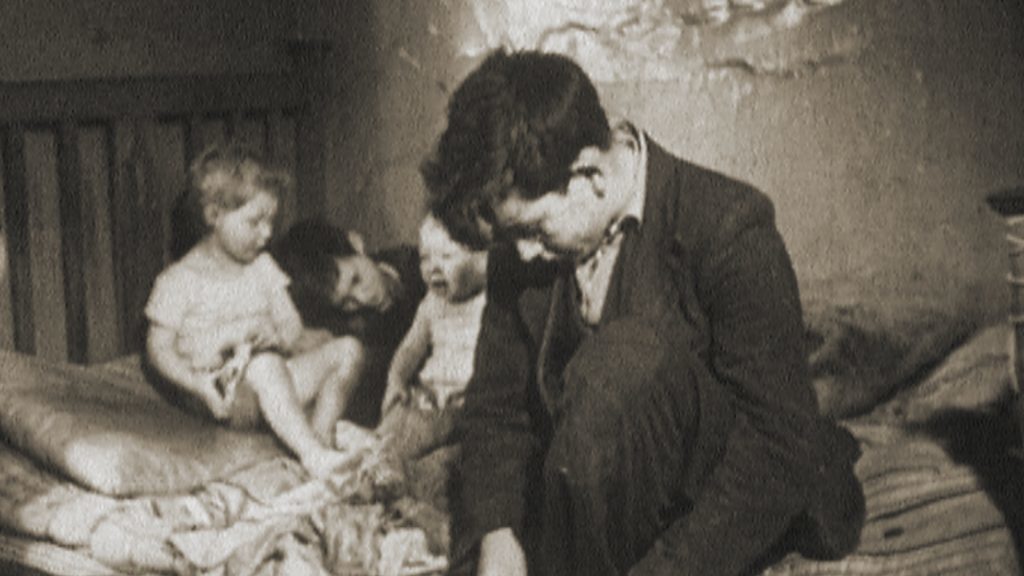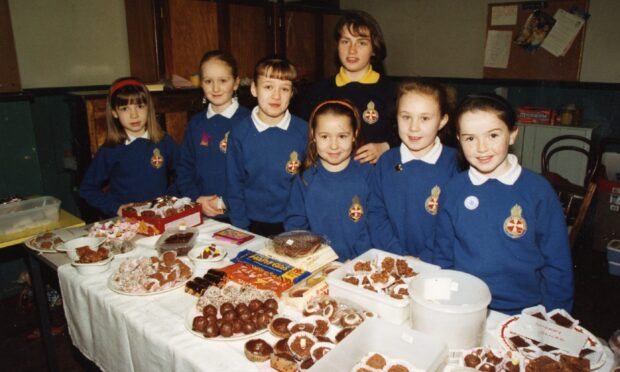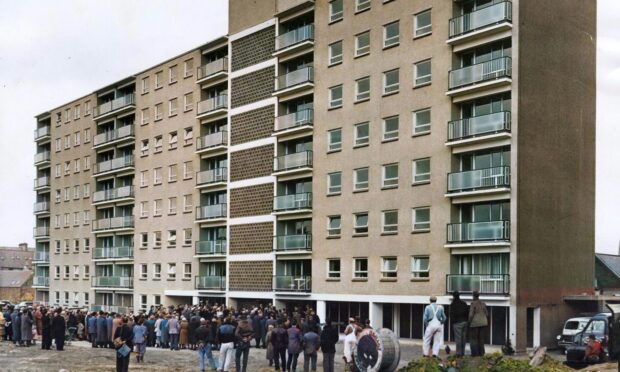The experiences of people growing up in Dundee over the past century feature prominently in a new BBC Scotland documentary. Michael Alexander reports.
It was once considered to be the finest in the world.
But by the early years of the 20th century the Scottish education system was struggling to cope with the country’s sprawling industrialised cities.
Children were taught by rote – by crude repetition – and 10s of thousands of Irish Catholic immigrants felt unwelcome in the “Kirk” schools and established their own; an issue that still polarises opinions today.
Now, a new three-part BBC Scotland documentary – Growing Up in Scotland: A Century of Childhood – reflects on how childhood itself has changed remarkably since the dawn of the 20th century.
And memories of old Dundee are peppered throughout the series
Using archive footage, old pictures and contributions from a range of people with their personal perspective, the series explores how children went from being ‘seen but not heard’ to modern times, when children are the very centre of their parents’ lives.
It examines the shared experiences of Scottish schools, to the home environments which defined many lives. It also looks back on how Scottish politicians, churches and charities treated Scotland’s youngsters, in particular the country’s most vulnerable children.
The first episode, being screened on Thursday, features a section devoted to Morgan Academy, in Dundee, where the English department has incorporated the Scots language in their lessons. It features contributions from Newport-based broadcaster and Scots language expert Billy Kay.
Dundee will also feature prominently in the second episode which has an emphasis on home.
In the first decades of the 20th century many Scottish children lived in poverty, but enjoyed the freedom to roam as far as their imagination and the local trams would take them.
A century later everything has changed. Most Scottish children now live in comparative comfort, but many are virtual prisoners at home, travelling outside only with parental supervision.
This episode reflects on the fun children used to have from the comics of the 1930s, particularly D.C. Thomson’s Broons through to the attraction of toys on display at the likes of Aberdeen department store Isaac Benzie’s.
But it also features the deprived living conditions in Scotland’s inner cities.
Historian and author Eddie Small pays testament to that before a class of children at Blackness Primary, in Dundee.
The jute industry had provided fortunes for the city, but it meant the women, who were the backbone of the jute workforce, were working long shifts, as the 20th Century started, and juggling childcare on a heart-breaking scale.
Eddie said: “The mothers were going back to work within certainly a fortnight of having babies and they were working 12 hour days so they couldn’t go home to feed the baby. So the baby would be fed by a neighbour possibly or a hard-pressed grannie or even fathers, who had taken on the job. But what were these two week old babies being fed?”
By the 1930s and 1940s, conditions for some had improved but the slums continued to exist and concern for the moral welfare of many children in them was seen as a role for the Scottish churches. Scotland’s largest religious youth organisation was the Boys Brigade.
Stuart Cunningham was with the fifth Dundee Company of the Boys Brigade. Stuart, who is now a pipe major, who leads a band in Bellfield, believes those early years with the BB instilled discipline in many of the local kids.
Welfare is the focus of the third and final part Growing Up in Scotland: A Century of Childhood.
This episode reveals a growing concern during the Second World War about criminality among children and a film, shot entirely in Dundee, to address the problem.
Commissioned by the Scottish Office, Children of the City was made in 1944 for an international audience by pioneering left wing director Bridget – or “Budge” – Cooper.
The narration of the film says: “The work of war makes it a hard job to keep children out of mischief.”
At the time one out of every 10 crimes in Scotland were committed by under-17s.
Professor Louise Jackson said: “It was felt that this was a result of wartime conditions, that it was linked to the dislocations caused by evacuation and also the absence of fathers who were serving in the military… and was also linked by commentators to working mothers.”
The fictional film opens with three lads breaking into a pawnbroker’s shop and larking about, trying on clothes and hats until they are discovered by the police.
It then follows them to juvenile court, with one of the younger boys being sent to one of Scotland’s new guidance clinic, while another older boy, who has been in trouble before, is taken out of his home to an approved school.
*Growing up in Scotland: A Century of Childhood, starts BBC Two Scotland, Thursday February 23 at 9pm.
